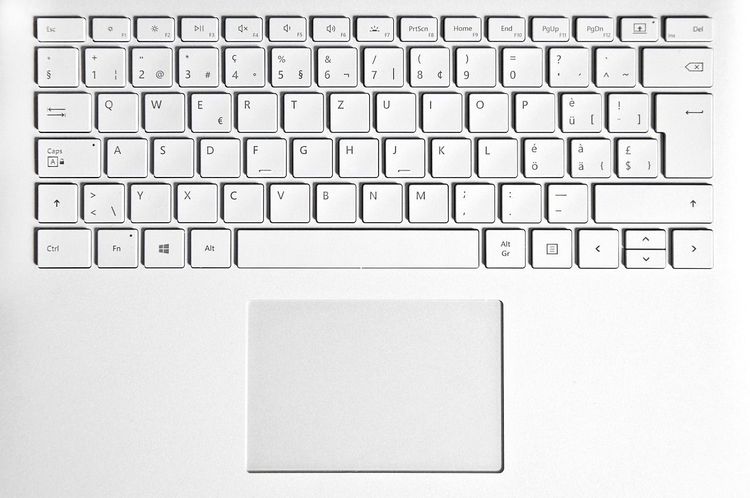DoNotPay’s Ambitious Courtroom Experiment Hits Legal Hurdles
Joshua Browder, the CEO of New York startup DoNotPay, recently revealed plans for his company's AI-powered bot to represent a defendant in court for a traffic ticket on February 22nd. Browder stated, "DoNotPay A.I. will whisper in someone's ear exactly what to say. We will release the results afterward." However, shortly after this announcement, the company decided to postpone the court case due to legal threats from state bar prosecutors, who warned that Browder could face jail time if he proceeded.
In an interview with NPR, Browder shared that various state bar associations had issued threats, with one suggesting he could serve six months in prison. He commented, "Even if it wouldn't happen, the threat of criminal charges was enough to give it up. The letters have become so frequent that we thought it was just a distraction and that we should move on." While California's State Bar declined to discuss DoNotPay's case, it affirmed its responsibility to investigate potential unauthorized legal practices.
Initially, DoNotPay was designed as a free AI chatbot to assist users in drafting legal documents, such as appeals for parking tickets. The "robot lawyer" was intended to leverage advanced AI models like ChatGPT and DaVinci, specifically tuned for legal applications. Under the plan, defendants would wear smart glasses to capture courtroom proceedings and a headset to receive real-time guidance from the AI.
However, as CBS News reported, the use of such technology in courtrooms is illegal in most jurisdictions, and many states require consent from all parties to be recorded. After examining 300 cases, DoNotPay found only two suitable candidates for the AI representation, prompting Browder to shift the company's focus toward consumer rights issues—such as lowering medical bills, canceling subscriptions, and disputing credit reports.
On January 24th, Kathryn Tewson shared her experience on Twitter while generating a Defamation Demand Letter, Divorce Settlement Agreement, and a Small Claims Court document. Tewson described the process as confusing, noting that DoNotPay often switched its focus unexpectedly. She stated, "There is literally nothing AI about this. This is a straight-up plug-and-chug document wizard, and it is not well done at all," adding that the demand letter produced was "absolutely terrible" and would likely be recognizable to any attorney as coming from an unsophisticated source.
Despite these challenges, Browder remains optimistic about the potential for AI to assist individuals in legal matters. He emphasized the need for accessible legal resources, saying, "Most people can't afford lawyers. This could have shifted the balance and allowed people to use tools like ChatGPT in the courtroom that might have helped them win cases." By concentrating on consumer rights issues, DoNotPay aims to provide simplified online solutions for everyday legal problems that are currently underserved.







